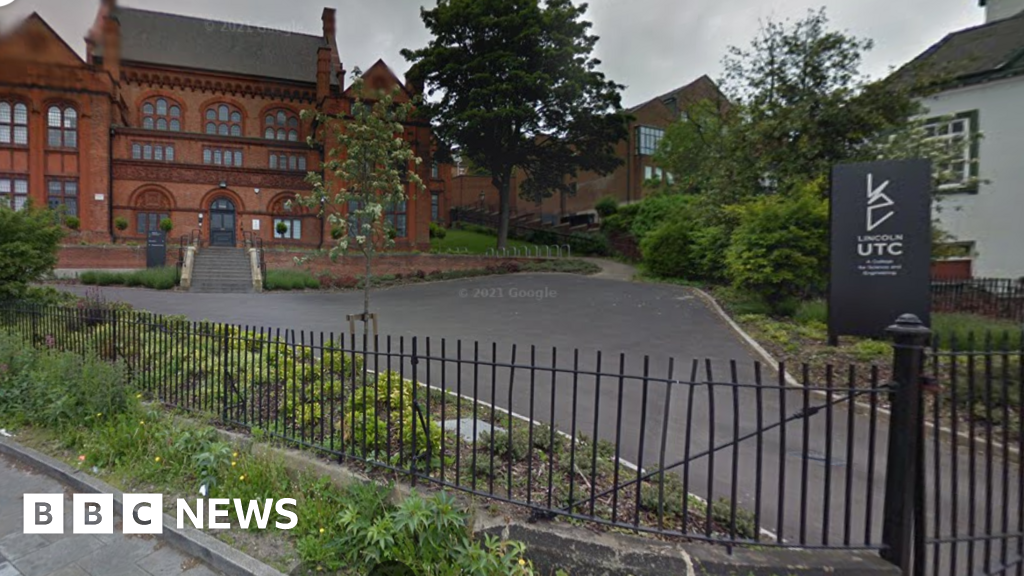Increases to university tuition fees in England are expected to be announced later.
Education Secretary Bridget Phillipson is set to outline changes in a statement to MPs in Parliament on Monday afternoon.
Maximum tuition fees in England tripled to £9,000 in 2012 and have risen just once since then, to £9,250 in 2017.
It comes as universities call on the government for help with their finances.
There have been warnings from the regulator in England, the Office for Students, that 40% of universities have predicted a deficit in this academic year.
In July, Phillipson said universities should “manage their budgets” amid calls for the government to bail out struggling institutions.
Universities UK, which represents 141 universities, has suggested tuition fees would need to rise to £12,500 a year to adequately meet teaching costs.
But they also acknowledged that asking for that amount would seem "clueless" and "out of touch".
The tripling of fees in England in 2012 prompted widespread protests.
Since then, they have only increased once, in October 2017, when then-prime minister Theresa May announced a £250 rise.
A freeze on fees since then is due to expire in 2025, after which point they would rise in line with a measure of inflation called RPIX, which counts the cost of everything except mortgage interest costs.
Higher tuition fees will mean students need to borrow more to go to university, and will leave with more debt.
Most students pay for university through student loans.
Loans are handed out by Student Finance England and students do not ever see that money, as it is paid directly to their universities.
Students can also get help with daily living costs, through maintenance loans.
These are paid into students' bank accounts in instalments. They have increased over recent years in cash terms, but their real-terms value has not kept up with the rising cost of living.
Both tuition fee and maintenance loans must be paid back.
Maintenance grants, which were non-repayable, were scrapped in 2016.

 1 month ago
17
1 month ago
17









